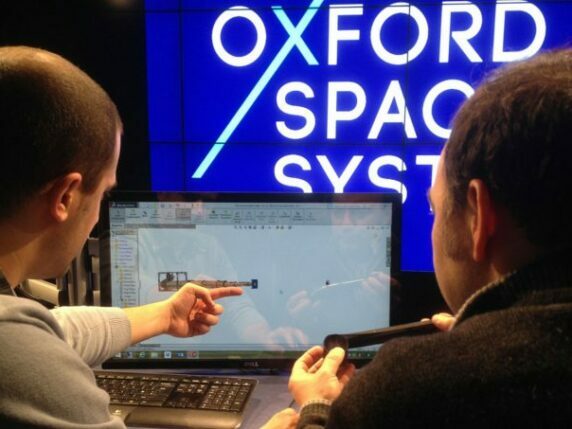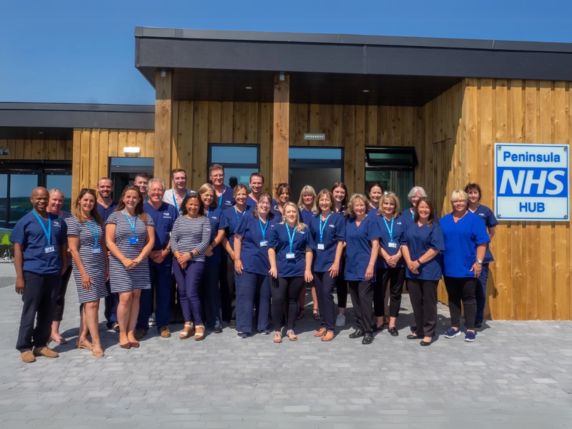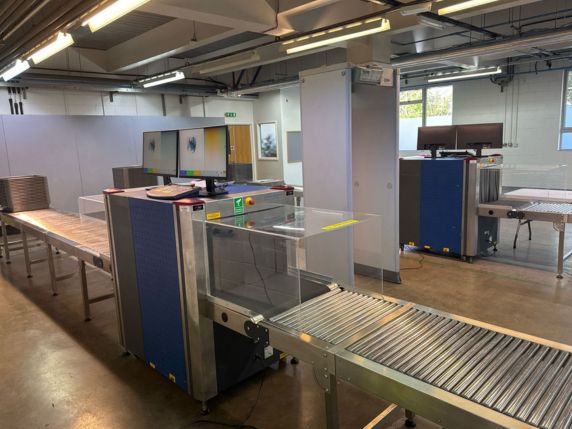AS their name suggests, Oxford Space Systems (OSS) work at the heart of some of the most cutting-edge technology imaginable. They even use origami as an inspiration for their satellite components, helping the fast-growing firm become a market-leader in designing and building deployable antennas for space applications. And this success means the company is regularly involved in complex sales opportunities with various commercial partners.
It was for this reason they recently turned to experts at Harper James Solicitors for support in ensuring their company’s terms and conditions are as versatile and up-to-date as the technologies they develop and sell.
Like many of our clients, Oxford Space Systems had originally contacted us for help with a commercial contract. But they returned for support in this area after being impressed by the service we provided. Working alongside our commercial solicitor Emilia Smith, we have now ensured OSS are best placed to contract quickly and efficiently with their customers, secure in the knowledge its business and IP is protected.
Emilia, who specialises in commercial contract negotiation, said: ‘The key with terms and conditions is making them robust enough to protect the service provider in a whole host of “what if” scenarios, whilst also making them palatable enough so that customers accept them with minimal to no changes. Investing in a solid set of terms and conditions is effectively a cost-saving exercise for the future.’
Commenting on the service provided, Sean Sutcliffe, the recently-appointed CEO of Oxford Space Systems, said: ‘We have been working with Harper James for some time, since we value the cost-effective approach combined with a bespoke service. After working with Emilia on a commercial contract, we took the decision to update our general terms and conditions to reflect the newer, more complex sales opportunities we are seeing as well as to ensure they are up to date with our requirements and legal developments. We were able to complete this very efficiently and are now rolling out these new terms and conditions with the commercial team.’
Oxford Space Systems have enjoyed a positive past 12 months. In September it was announced that they had won a £200,000 Defence and Security Accelerator (DASA) competition. The company is now developing new stealth technology designed to make it harder to detect satellites on orbit. Two months later, in December, OSS carried out successful tests on two different antenna architectures at the National Physical Laboratory in London.







